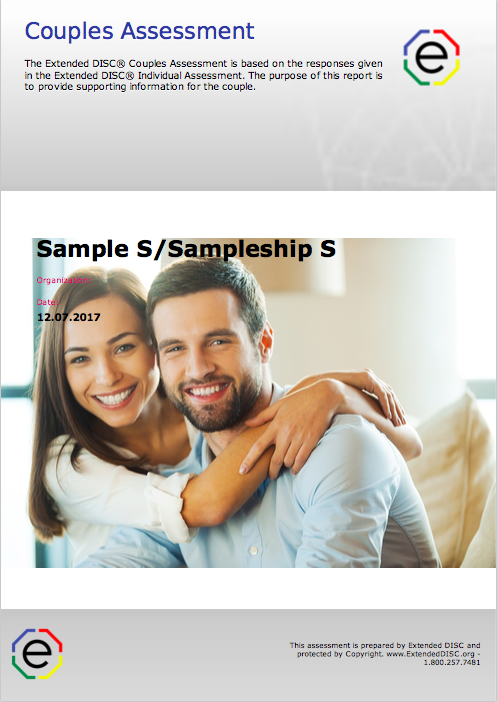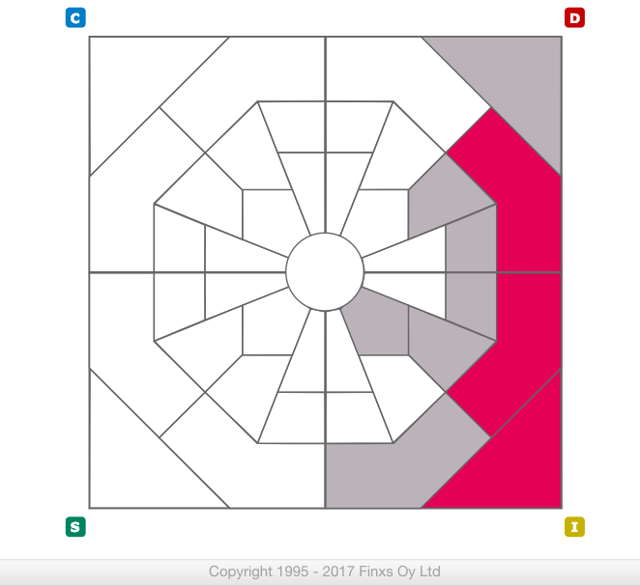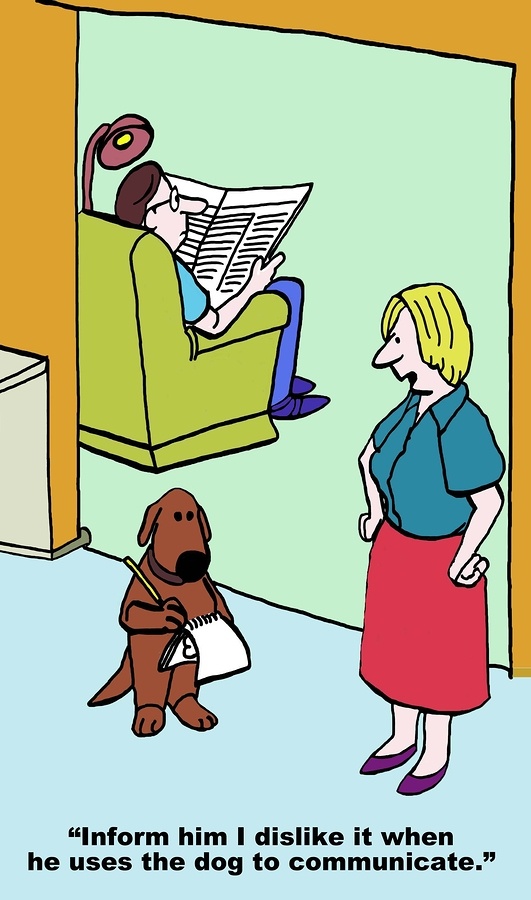Are you the talkative partner who easily expresses your opinions or are you the supportive, quieter one who does not easily express your feelings? We all have preferred, comfortable ways of communicating with our partners. The DISC tool can help identify those preferred behaviors and help improve your couples communication.

Your ability to communicate affects how you interact with others, how you resolve conflict, and impacts the level of trust you have with your partner. Your behavioral style may cause irritation, conflict, and misunderstanding with your partner. If left unchecked, it may develop into destructive communication habits. Therefore, couples need the good communication in order for the relationship to grow and thrive.
Couples Assessment
 The Couples Assessment is designed to help couples communicate more effectively. It combines the pair's individual DISC profile results into one analysis. The report identifies the couple's dynamics, strengths and development areas, and can also illustrate how the pair is adjusting their styles in the current environment. Hence, it is designed to give you a clearer understanding of how similar and different the two of you are and assist in creating active next steps.
The Couples Assessment is designed to help couples communicate more effectively. It combines the pair's individual DISC profile results into one analysis. The report identifies the couple's dynamics, strengths and development areas, and can also illustrate how the pair is adjusting their styles in the current environment. Hence, it is designed to give you a clearer understanding of how similar and different the two of you are and assist in creating active next steps.

The flexibility zone map clearly identifies where your behavioral styles overlap and the areas that tend to be the most comfortable for both of you. It will also show you the behavioral areas requiring more energy, effort and focus from the two of you. You can use this information to consider how the similarities and differences in your styles impact your communication? You may also identify the gaps between your styles. Do these gaps create frustration or conflict in your relationship? If so, have you tried using the differences of your DISC styles to strengthen your relationship? The Extended DISC Diamond allows you to clearly see how similar and different your styles are.
Awareness is Key to Maximizing Your Strengths

Many of us overlook our strengths. Strengths are behaviors that don't drain your energy and come more easily to you;
therefore, it's a good idea to use them. Yet, couples can also take their strengths for granted. For example, if you are someone who is expressive, emotional, and talkative, you may assume your partner communicates or should communicate that same way.
Is it possible that you're over emphasizing your natural strengths to the point they may irritate the other person or create conflict? Do not let that happen to the two of you. Instead, consider the strengths you bring to the relationship. How well are you both taking advantage of these valuable behavioral traits? Use caution against overusing your strengths to the point they become a weakness and a potential liability to your relationship.
Your Style as a Couple

How similar or different are your communication styles? How has it impacted your relationship? Differences and similarities may both create conflict. Think about couples who are both reserved and quiet or if one of you is comfortable compromising, but the other is not?
How could you use the differences in your communication styles to strengthen your relationship? You can also focus on the strengths you each bring to the relationship. Consider the things your partner does well, that you may not, and use them to make your relationship stronger. Look for things that are more likely to motivate each of you.
Use the Couples Communication Assessment as a guide to identify your styles and help create a simple and effective approach to your next steps. Effective communication takes practice, awareness, and skills. Now that you are both aware of your styles and your partners, create a list of action-oriented behaviors to move your relationship forward.
